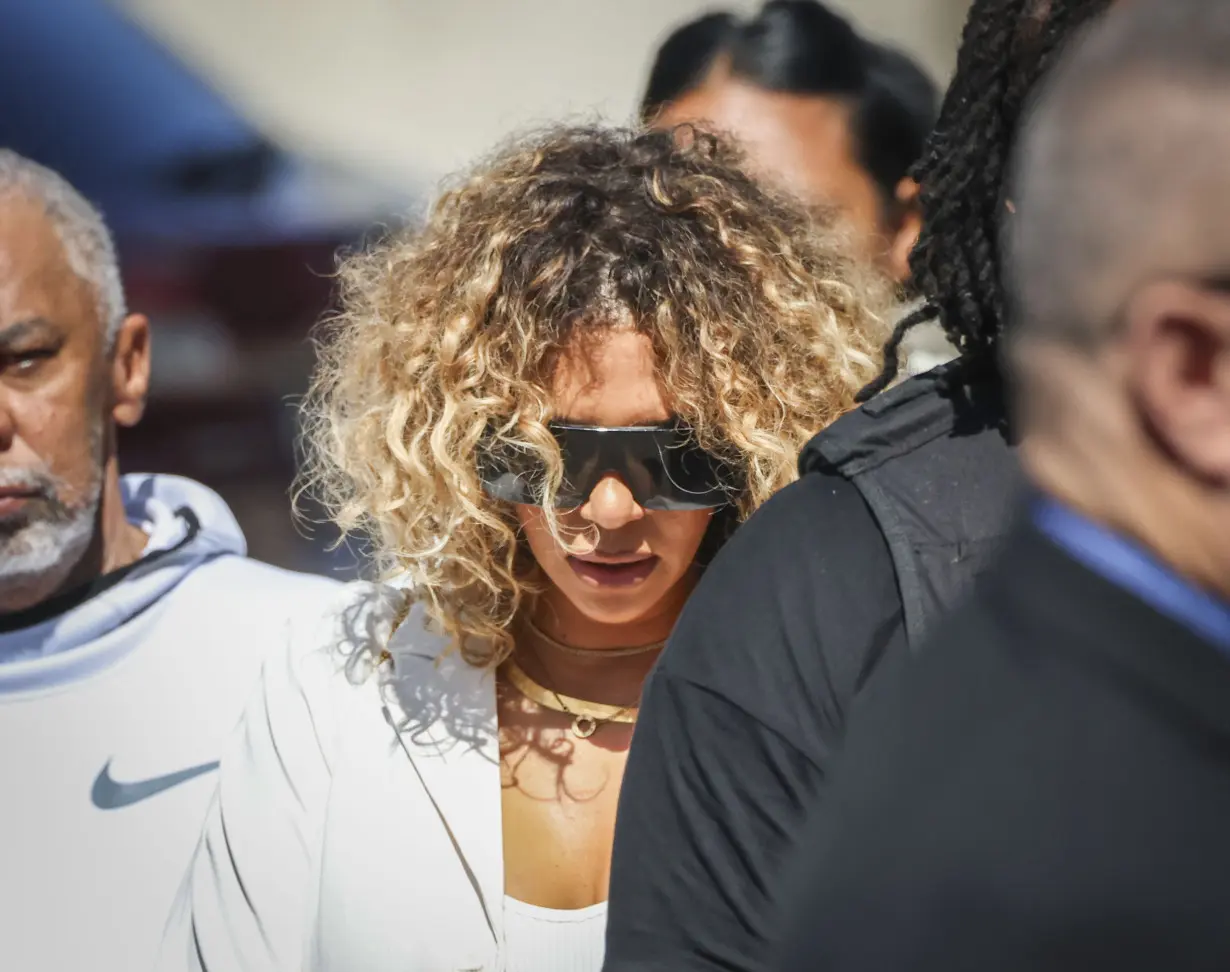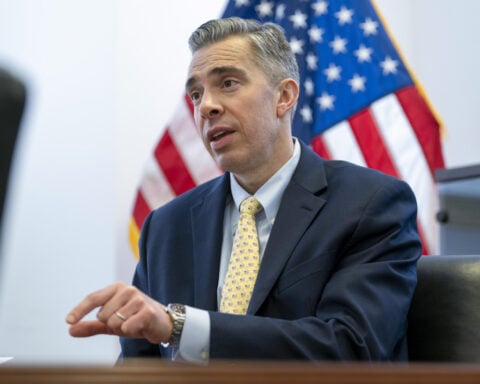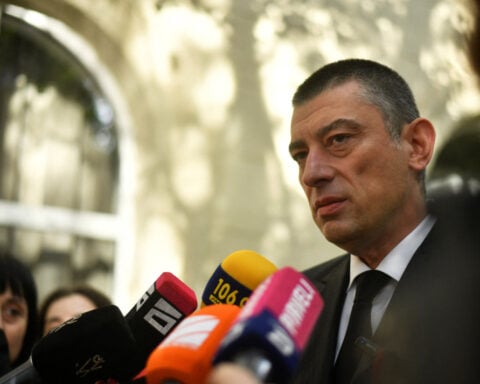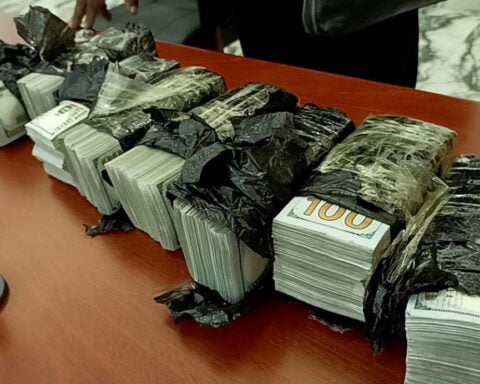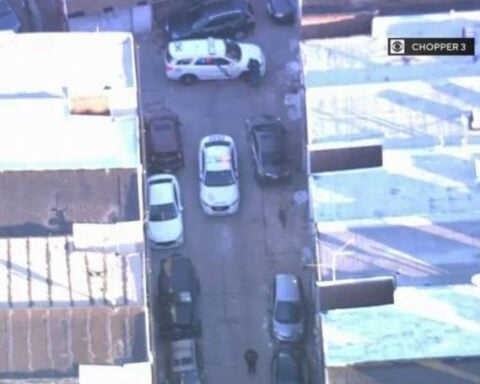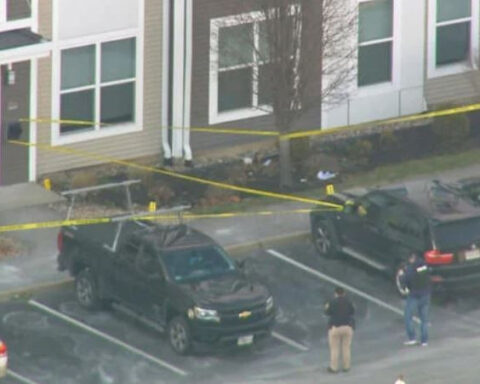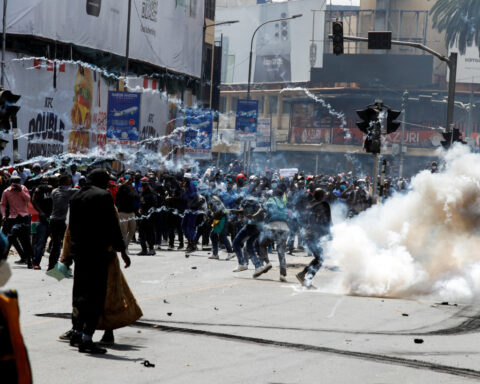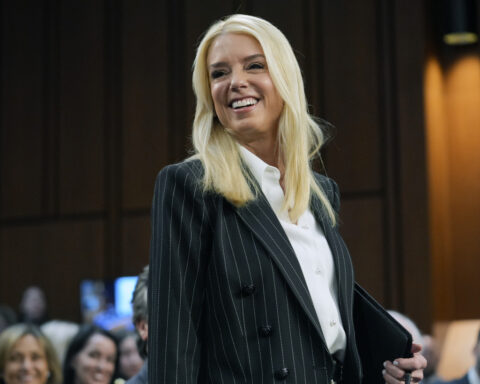NEW ORLEANS (AP) — The man who fatally shot retired NFL star Will Smith during a confrontation following a car crash in 2016 received a 25-year prison sentence Thursday in a New Orleans courtroom.
It was the second time Cardell Hayes, 36, had faced sentencing in Smith's death. He was convicted of manslaughter in December 2016 and later sentenced to 25 years. But the jury vote had been 10-2 and the conviction was later tossed after the U.S. Supreme Court outlawed such non-unanimous verdicts. After a new trial, Hayes was convicted by a unanimous jury in January.
In handing down the sentence, Judge Camille Buras acknowledged the strong support Hayes received from friends and family. But she noted that both Hayes and a companion were armed when they exited Hayes’ car after the crash, and that Smith was unarmed.
Smith was shot eight times — seven times in the back — during the confrontation with Hayes that happened after Hayes’ SUV struck the rear of Smith’s vehicle.
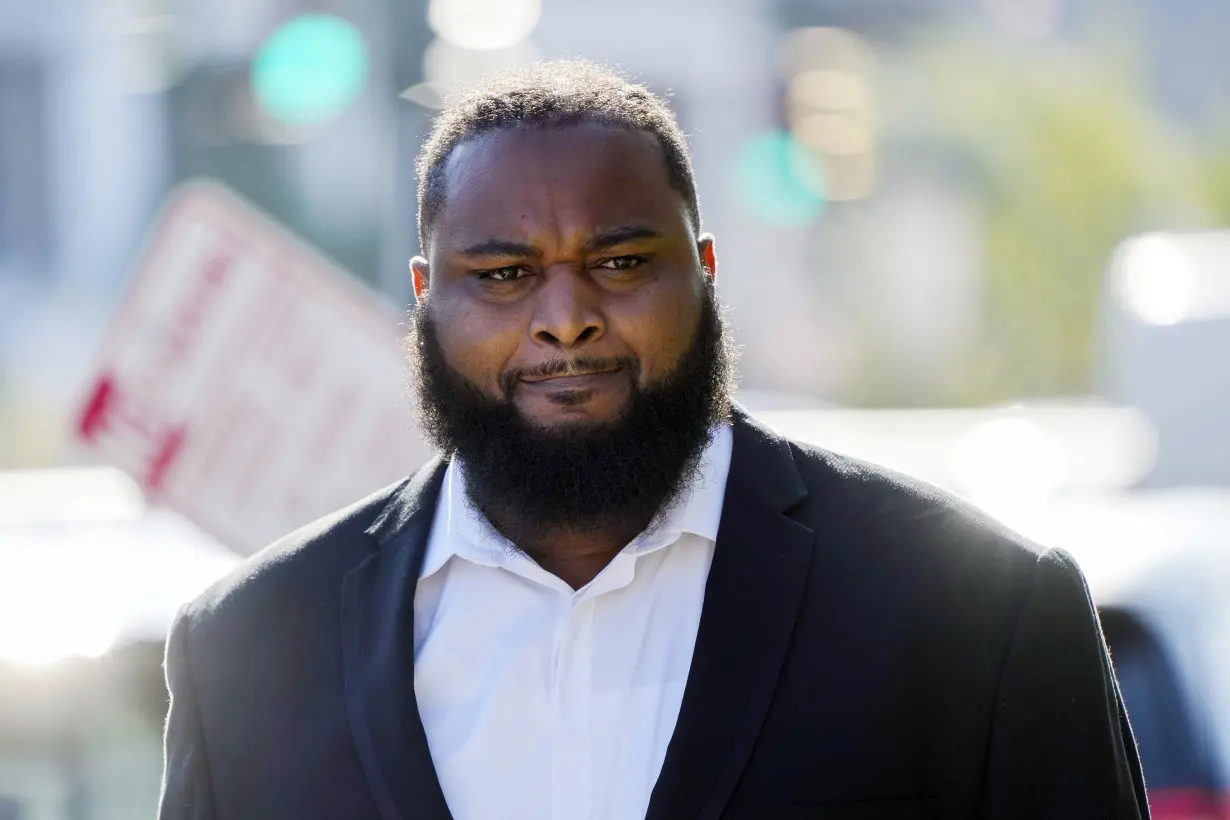
Smith’s daughter Lisa, now a teenager, was among those who spoke in court before the sentencing. She said her mother had to relearn to walk after the shooting and she lamented not having her father around for major life events.
“Mr. Hayes, you ruined my life,” she said. “You took my father away from me.”
In testimony in support of Hayes, his mother, Dawn Mumphrey, expressed sorrow for the loss of Smith. “Our lives are forever changed as well,” she said, her voice shaking. She tearfully looked at the judge. “I ask for your mercy,” she said.
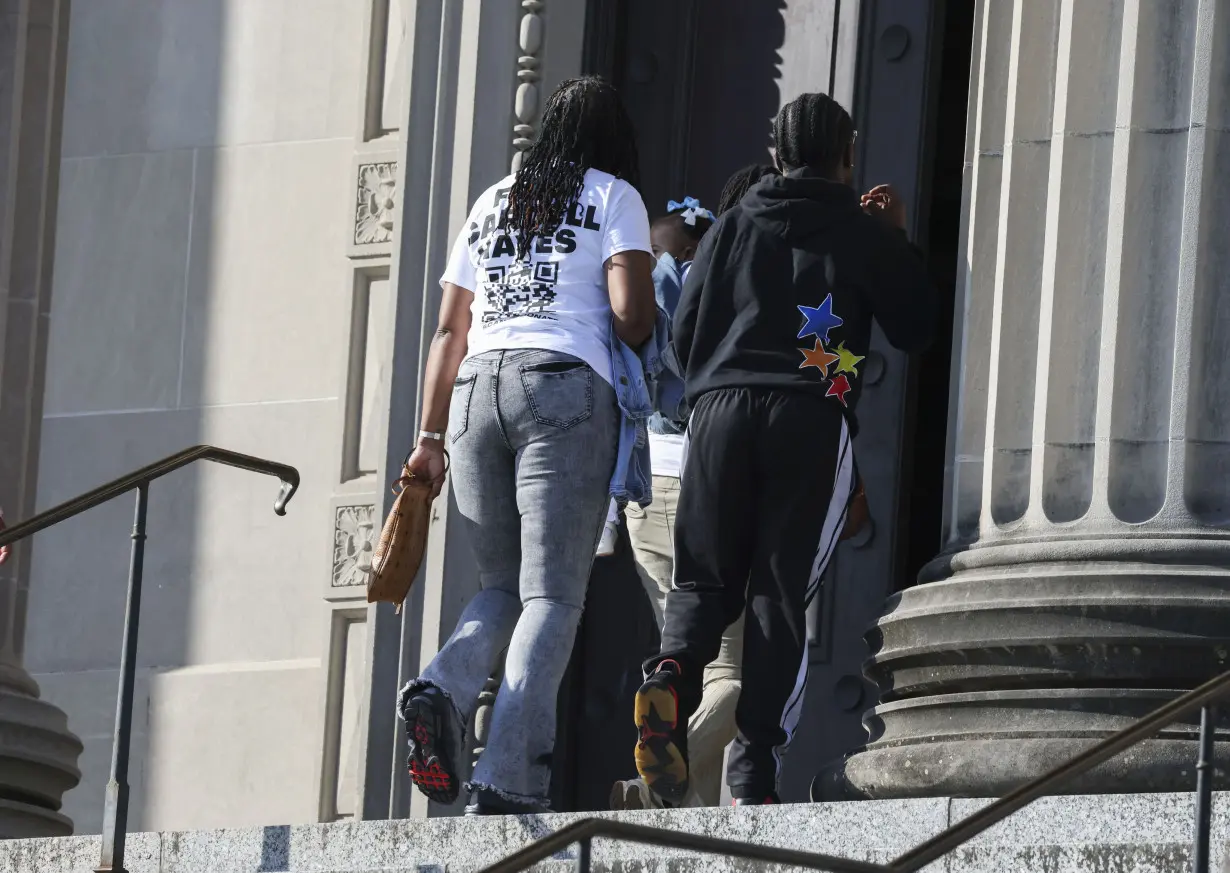
Hayes has long said he fired in self-defense. He said he fired only because he believed a drunken and belligerent Smith had retrieved a gun from his SUV. He insisted on the stand that he heard a “pop” before he started shooting and that he did not shoot at Smith’s wife, Racquel, who was hit in the legs.
Evidence showed Smith was intoxicated at the time of the confrontation. But there was no witness or forensic evidence to back up Hayes’ claim that Smith had wielded or fired a weapon. At the January retrial, defense attorney John Fuller did not call Hayes to testify, but insisted prosecutors had failed to prove Hayes didn't fire in self-defense.
Hayes was released on bond after having served more than four years of the original sentence. He remained free during multiple retrial delays, some due to the COVID-19 pandemic. But he was taken back into custody following the unanimous Jan. 27 verdict and had been awaiting sentencing at the New Orleans jail.
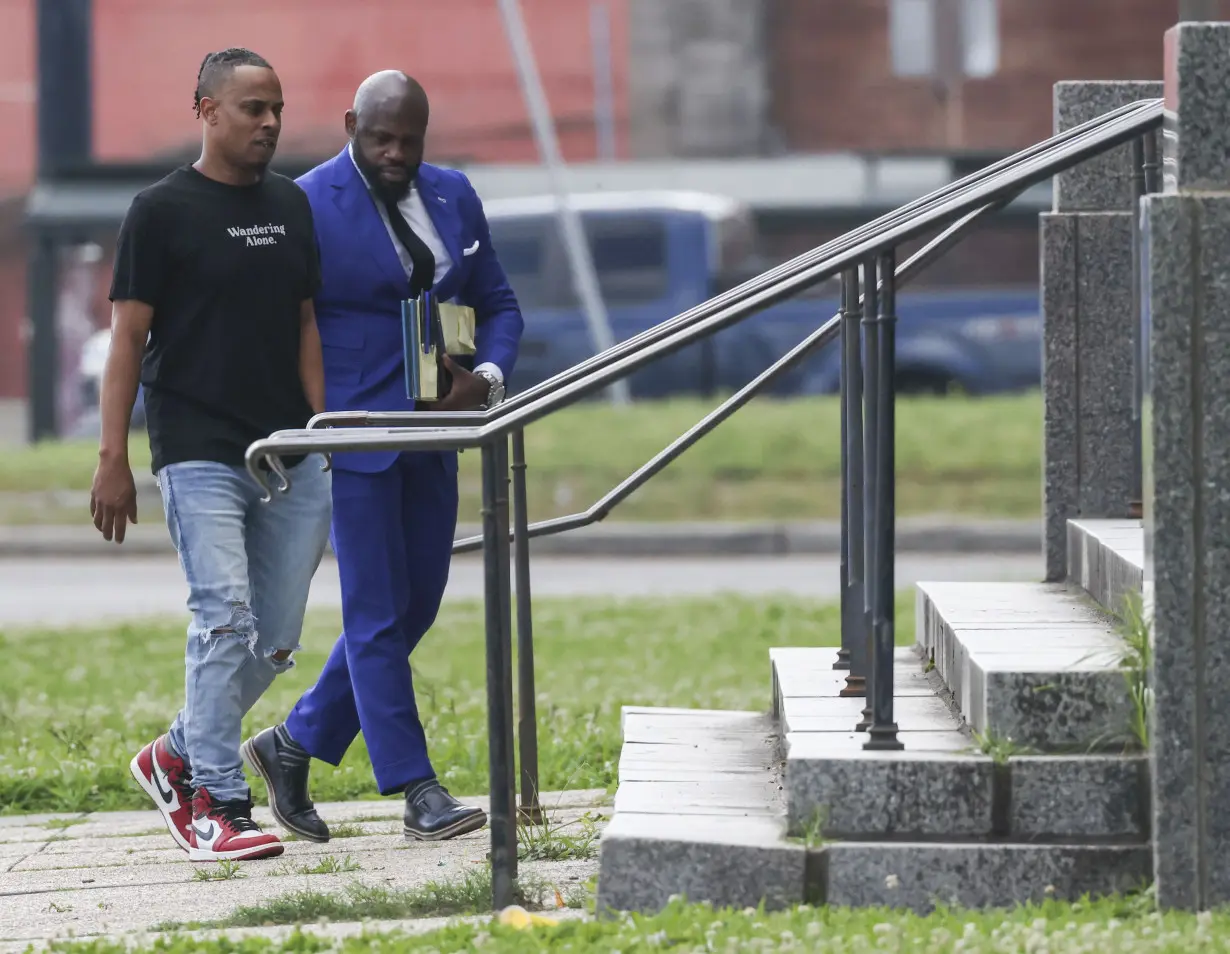
The overturned verdicts from the 2016 jury also included an attempted manslaughter conviction in the wounding of Racquel Smith. Hayes was acquitted of that charge at January's second trial.
Hayes has already served more than four years in prison, for which he will receive credit. He has also been subject to strict supervision and home confinement. It was not immediately clear whether and how that would count toward his sentence. Buras said she would discuss that with prison officials.
Before Thursday's sentencing, about two dozen of Hayes’ family and friends formed a circle and prayed in the wide courthouse hallway.
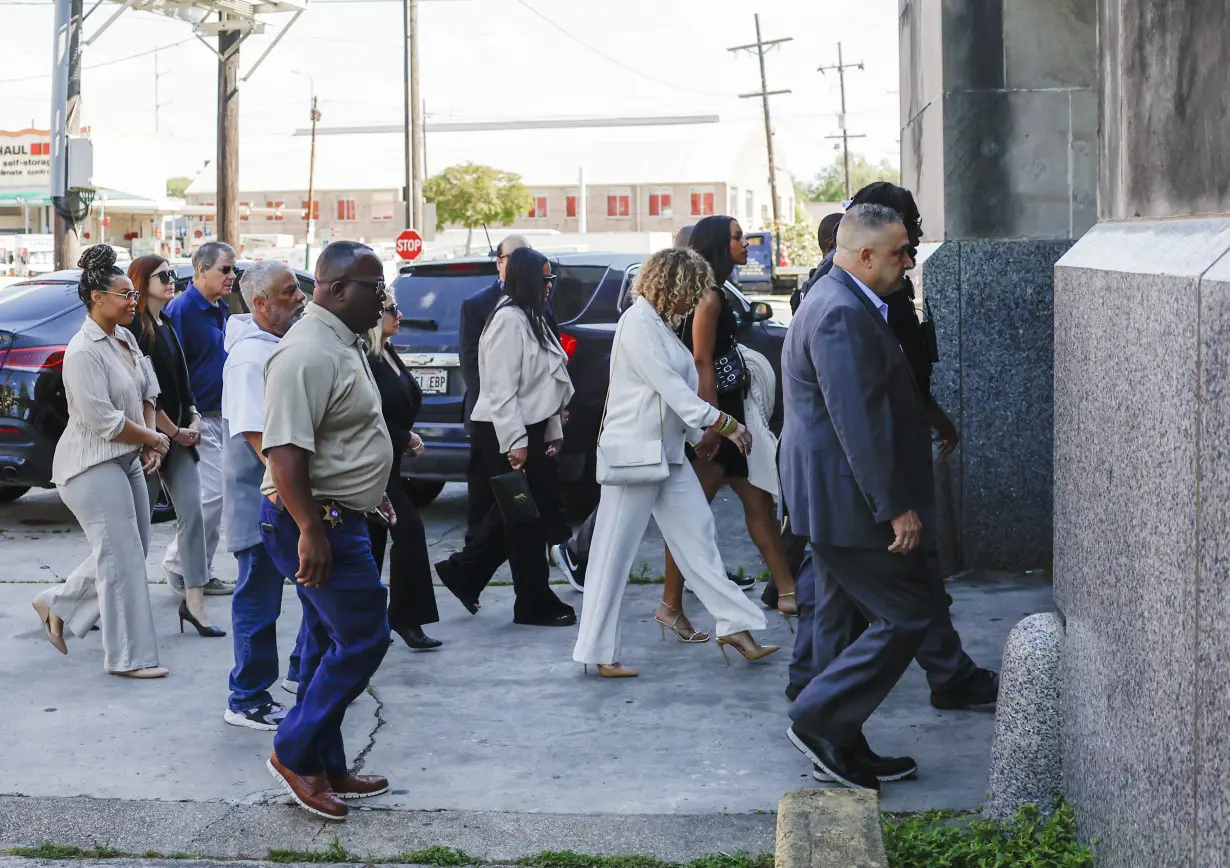
Smith, a 34-year-old father of three, was a defensive leader on the Saints team that lifted spirits in New Orleans after Hurricane Katrina devastated the city in 2005. He helped carry the team to a winning season in 2006 and a Super Bowl victory in 2010. Smith attended Ohio State University and helped the Buckeyes win the 2002 national championship.
Hayes, who owned a tow truck business, once played semi-pro football and is the father of a young son.


 Civitas Resources weighs sale of DJ Basin assets, Bloomberg News reports
Civitas Resources weighs sale of DJ Basin assets, Bloomberg News reports
 Biden's late moves on China, Russia, AI may mostly boost Trump
Biden's late moves on China, Russia, AI may mostly boost Trump
 17-year-old star student-athlete shot and killed on the way to school
17-year-old star student-athlete shot and killed on the way to school
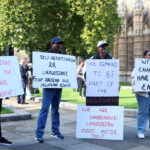 Britain gives Trump team chance to review Chagos Islands deal
Britain gives Trump team chance to review Chagos Islands deal
 Coco Gauff is into the Australian Open's 3rd round and still unbeaten in 2025
Coco Gauff is into the Australian Open's 3rd round and still unbeaten in 2025
 Dec CPI rises a touch above expectations, keeps Fed on track
Dec CPI rises a touch above expectations, keeps Fed on track
 Lady Vols coach Kim Caldwell about to experience another 1st with her baby due any day
Lady Vols coach Kim Caldwell about to experience another 1st with her baby due any day
